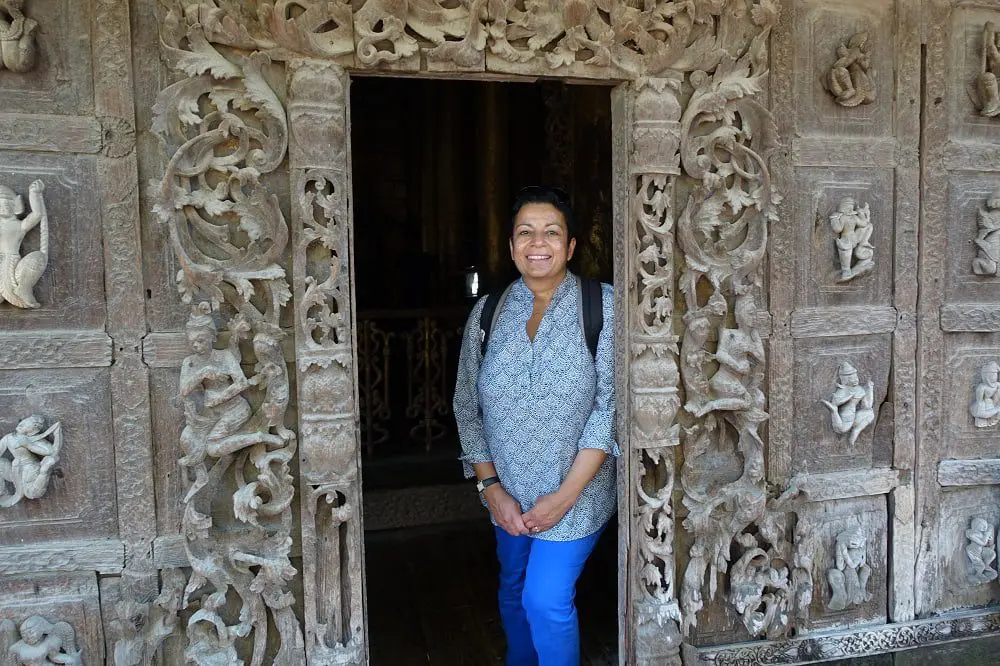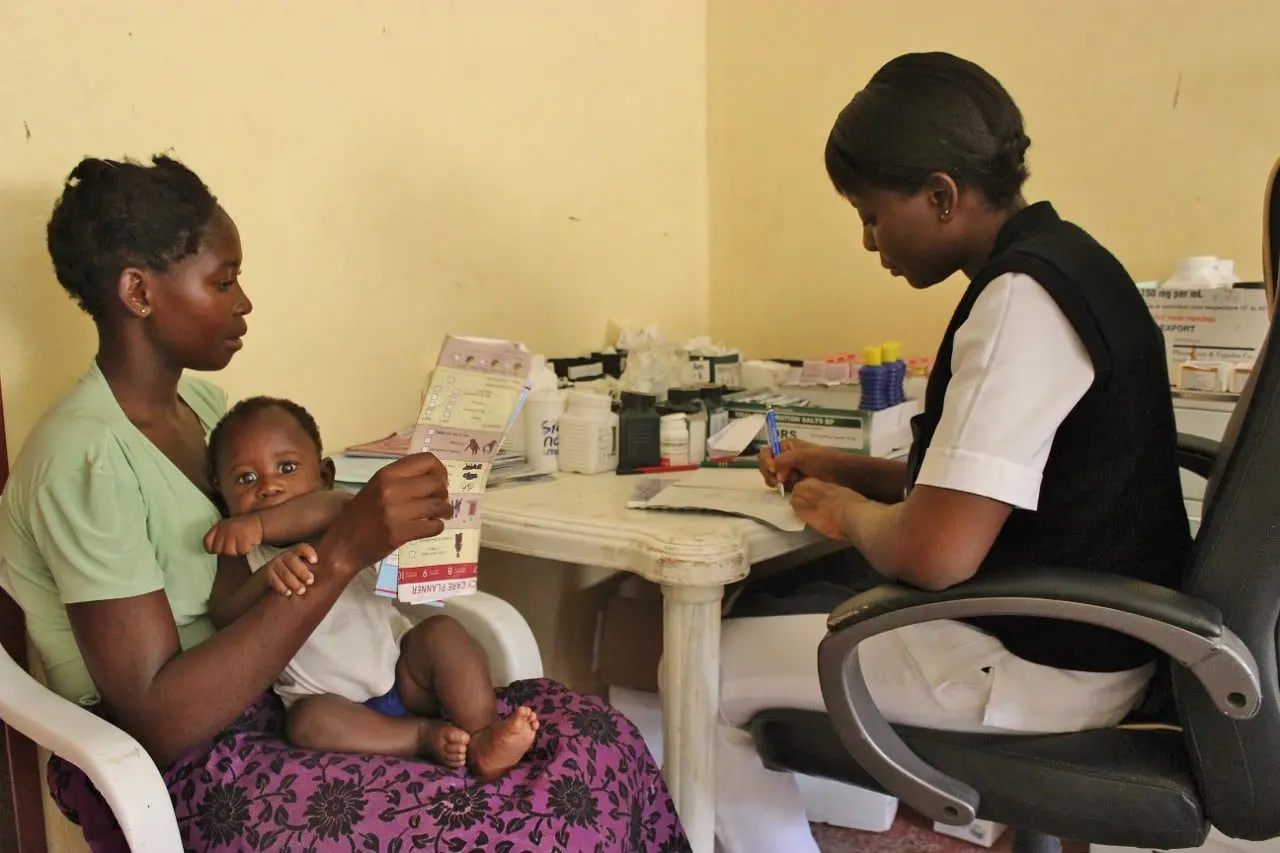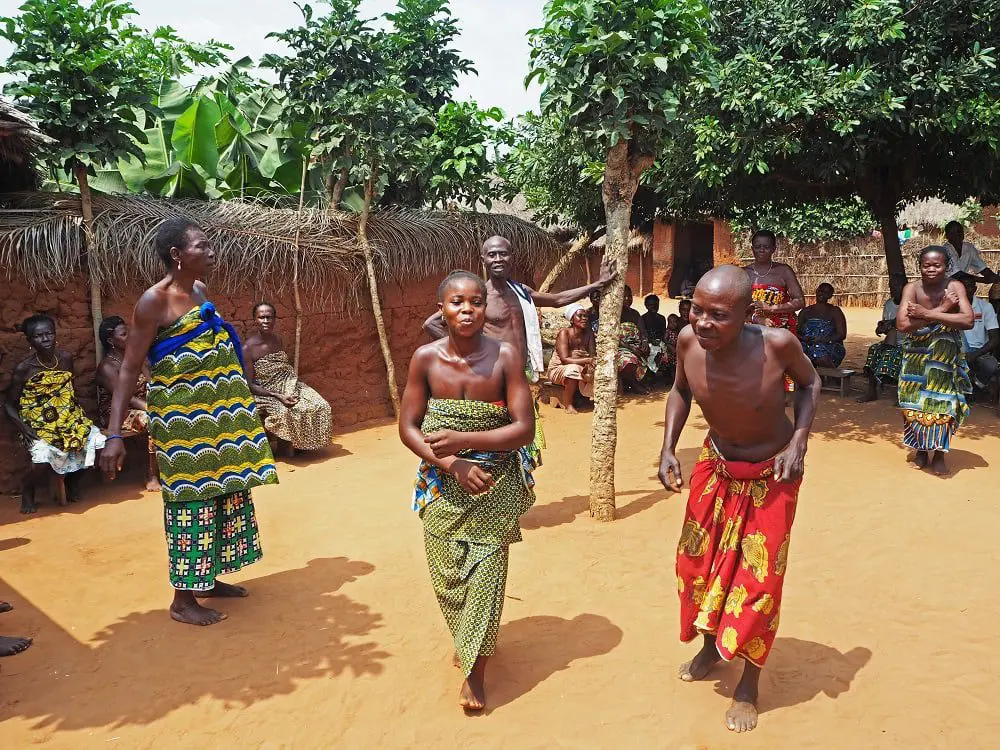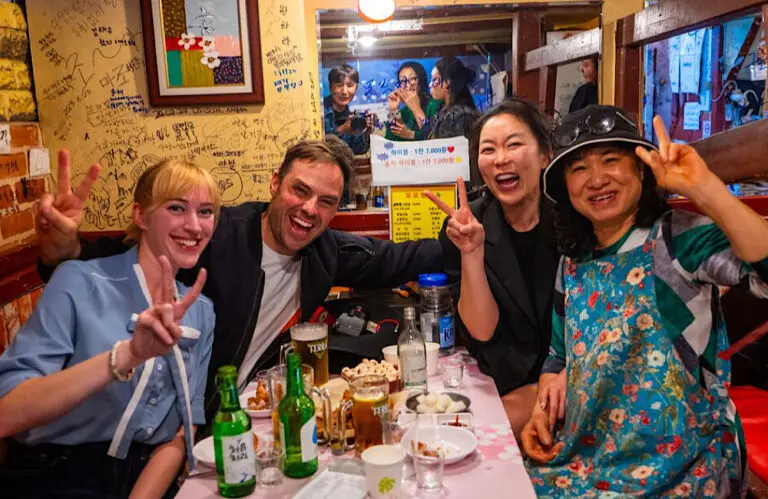With sustainable tourism fast climbing the travel and tourism agenda, we’re discussing the topic with travel industry leaders and change makers and asking them how they think we can #Traveltochangetheworld.
In our latest ‘Travel to change the world’ interview, Sujata Rahman, Regional Managing Director Australia/Asia Pacific at Abercombie and Kent, shares her thoughts and ideas on how we can all do our bit to sustain the industry and leave a legacy of goodness.
What was it that inspired you to join the travel industry?
The opportunity to encounter different cultures and peoples and see places and lifestyles that differ greatly from my own.
What concerns you about the industry today in terms of its long-term viability?
The travel industry largely attracts those with a genuine love for the world, and I believe most of the industry understands exactly how travel can be a negative force if not carefully managed.
However, as the world gets smaller and travel becomes easier, the number of people travelling continues to increase in leaps and bounds.
Without strict guidelines and education, we run the risk of long-term damage to environments and local cultures.
Do you think travel can change the world?
Absolutely.
As Mark Twain famously said: “Travel is fatal to prejudice, bigotry, and narrow-mindedness…”
Not only does travel make us engage with people far different to ourselves, but it also creates an appreciation of fragile environments.
No one who has been to Antarctica can fail to understand the need to protect its pristine beauty and wildlife through sensible regulation and conservation.
Are you seeing positive change happening in the industry that you really admire?
I believe we’re already seeing some great changes in the industry.
Tourism in Botswana for example, has really focused on leaving a small footprint. Lodges are remote, which means access is restricted to a few people; they are small, so precious landscapes are not marred by hordes of travellers and rubbish. Guides and staff are trained not just in hospitality but in animal and environmental conservation.
Uganda is another example where tourists have ensured the survival of endangered mountain gorillas.
Corporate Social Responsibility is taken very seriously by leading travel companies who contribute enormously to local communities.
What projects is Abercrombie & Kent undertaking in this space?
Abercrombie & Kent Philanthropy (AKP) was established in the 1980s principally to raise funds for conservation efforts in Kenya’s Masai Mara National Reserve. Over subsequent decades, it’s expanded and now conducts social and environmental commitments on a global scale with approximately 30 projects on all seven continents. A&K guests have the opportunity to visit these projects and support AKP’s investments in the natural and cultural heritage of the places we travel to.
One of AKP’s latest projects is the construction of a maternity ward adjoining the already established health clinic in Nakatindi Village, Zambia. AKP’s commitment to healthcare in the region has included a successful HIV awareness campaign, provision of vital medical supplies, sustainable transportation for care givers and now the maternity ward that will transform maternal health within the community and surrounding area.
What do you think is the biggest challenge the industry faces in terms of the issue of ’sustaining’ itself?
The need to balance corporate profits against the requirements of the environment and local communities.
Many places around the world, that were once known for their beauty, have been ruined by mass tourism.
Instead of educating local communities on how to preserve the environment, thereby increasing its value to tourists, we have seen instances where profits have come first. Wilderness areas have been concreted; local markets replaced by glittering malls.













